International
Micro-Enterprise
Development
IMED
Kyrgyzstan
What do we do?
International Micro-Enterprise Development (IMED) is the all-volunteer mission organization. It arranges business trainings for people who feel a calling to start their own business and operate it with honesty and dignity which are one of the core values of IMED. The trainings are led by experts with wide experience of running their own business that are ready to share their knowledge and expertise as well as their values. IMED doesn't only provide a training but a capital for start-up loans for the candidates.
Where do we do it?
IMED organization typically holds its programs in developing countries. It has worked in Bhutan, Ghana, India, Indonesia (multiple locations and people groups), Kazakhstan, Kyrgyzstan, Mongolia, Myanmar and Nepal.
How do we do it?
Once potential owners are identified, we prepare them to successfully start and operate their business. This is done in three short-term trainings, which in our terminology are phases one, two, and three.
phase one
With pre-qualified candidates a
week long conference is held at a central location.
This conference
covers the
fundamentals of creating and starting a micro-business. Topics such as
entrepreneurial characteristics, consumer driven economics, marketing, financial
management, etc. We use proven curriculum materials.
The conference ends with an assignment to complete a market research project to
be turned in at a certain time and reviewed by the Phase Two team.
phase two
Those completing the research assignment from Phase One and receiving approval
of their project are invited to the second conference.
In this phase
students are paired up with our coaches and spend the week working through the
information gathered and formulating a business plan.
Laten on this
plan is presented for evaluation. If it shows economic viability and is designed
according to the core values, the student is invited to return to the third
conference.
phase three
Here the participants are taught the practical mechanics of launching and
operating a business - legalities, hiring and managing people, sales, and
service, financial management and record keeping, etc.
At the end of
this conference, they graduate and are funded through start-up loans.
The large majority of the businesses are successful. They are profitable and
allow the owners to repay the loans. This money stays in-country, funding future
businesses.
Conferences
activities
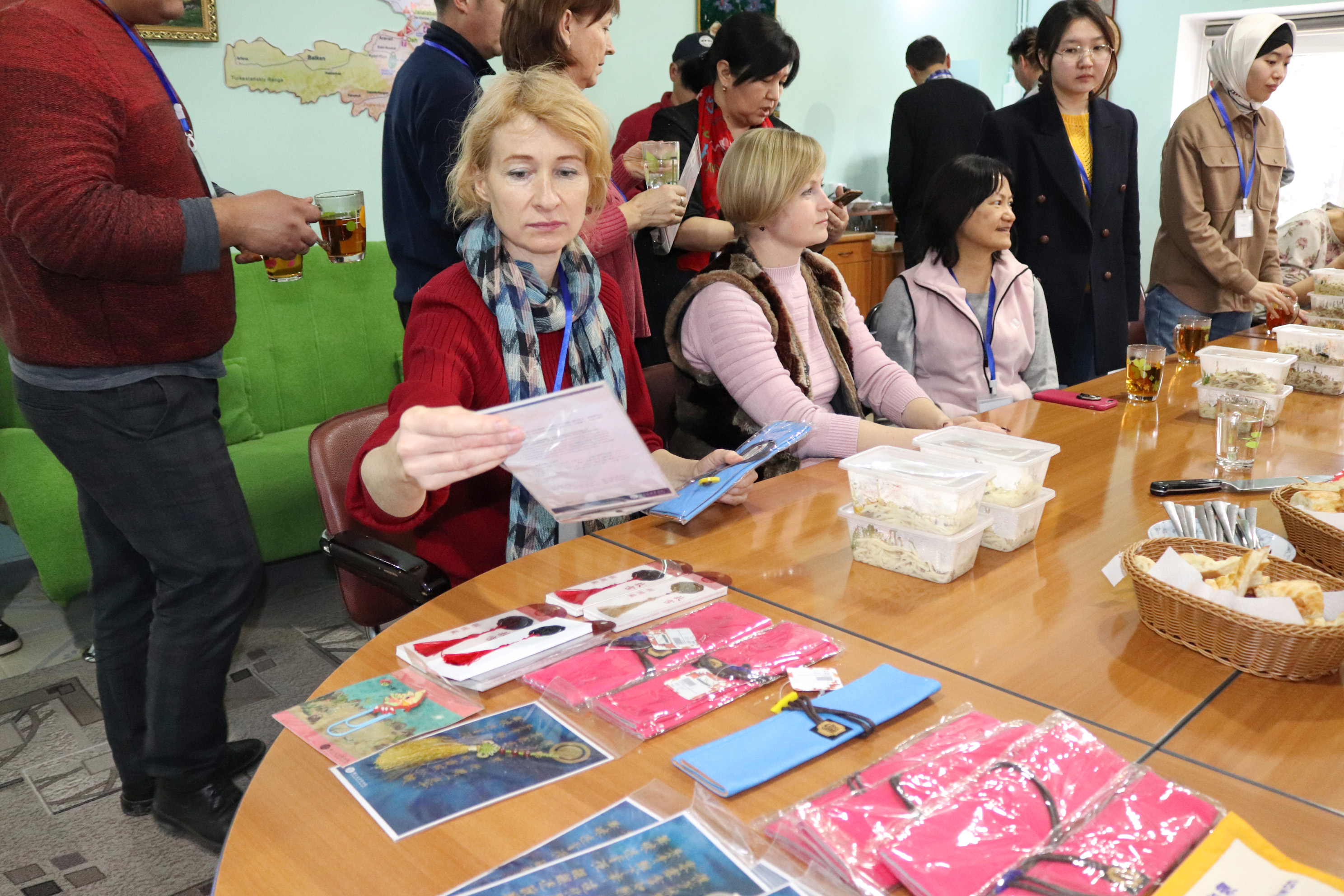
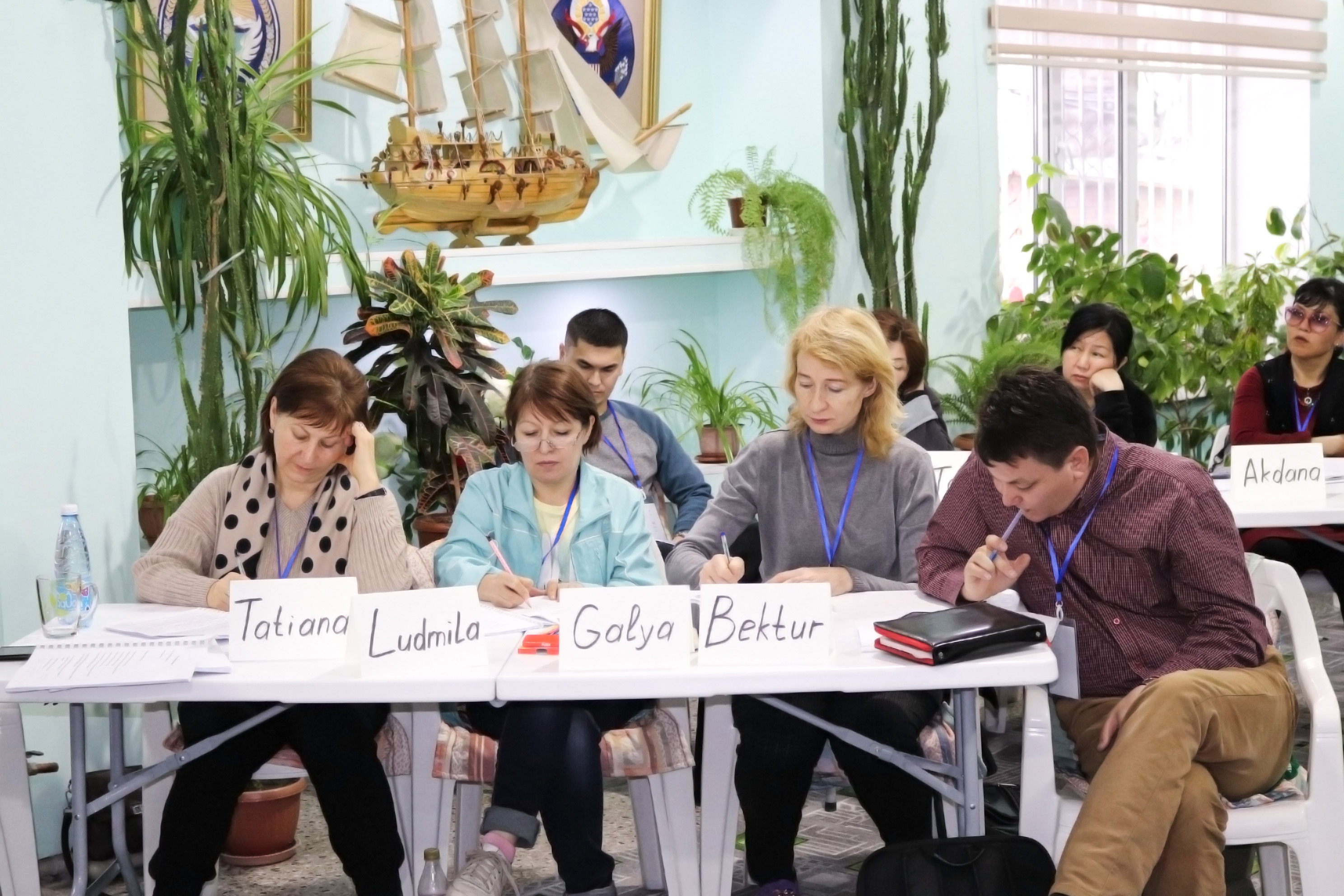
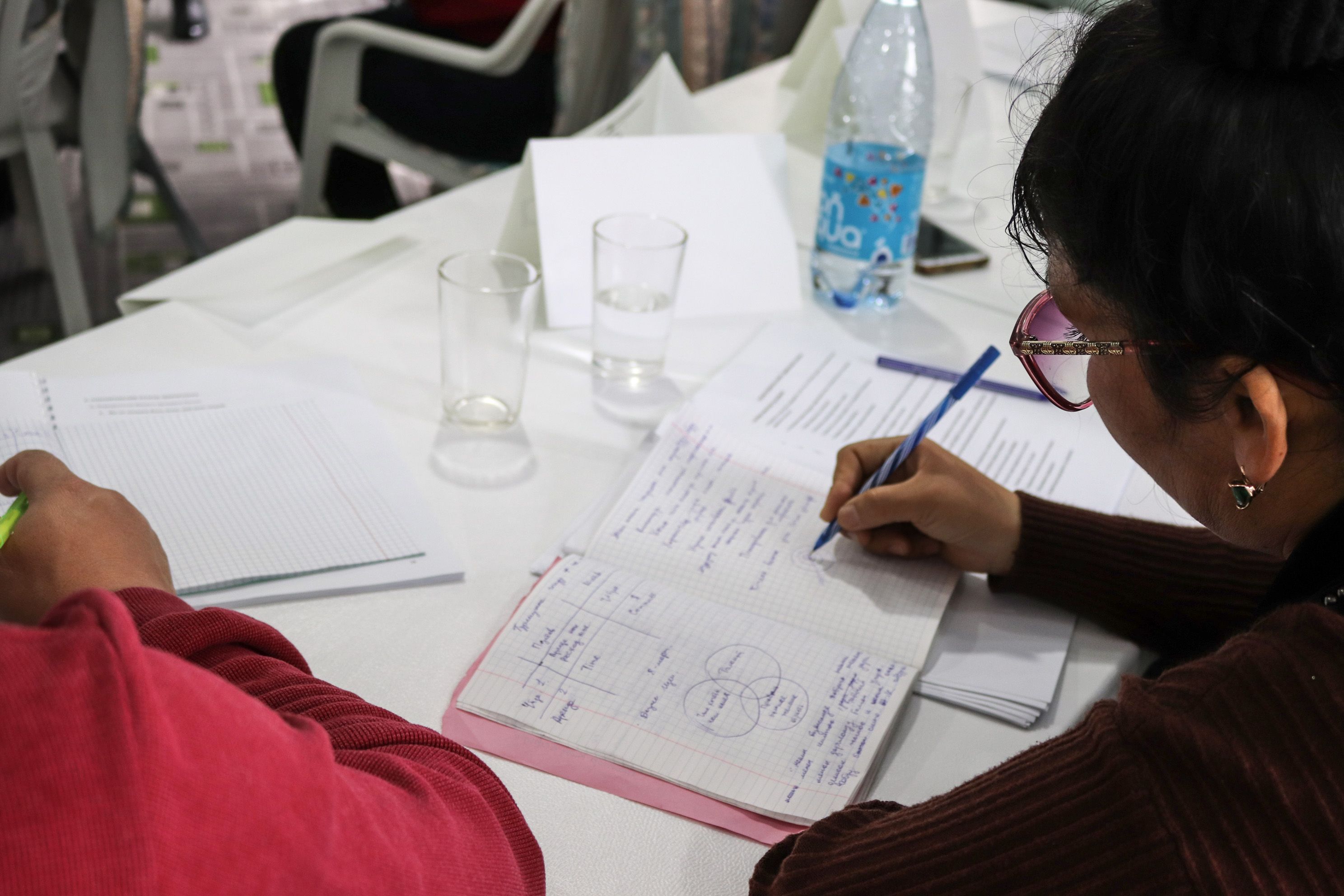
Fellowship
Learning
Planning
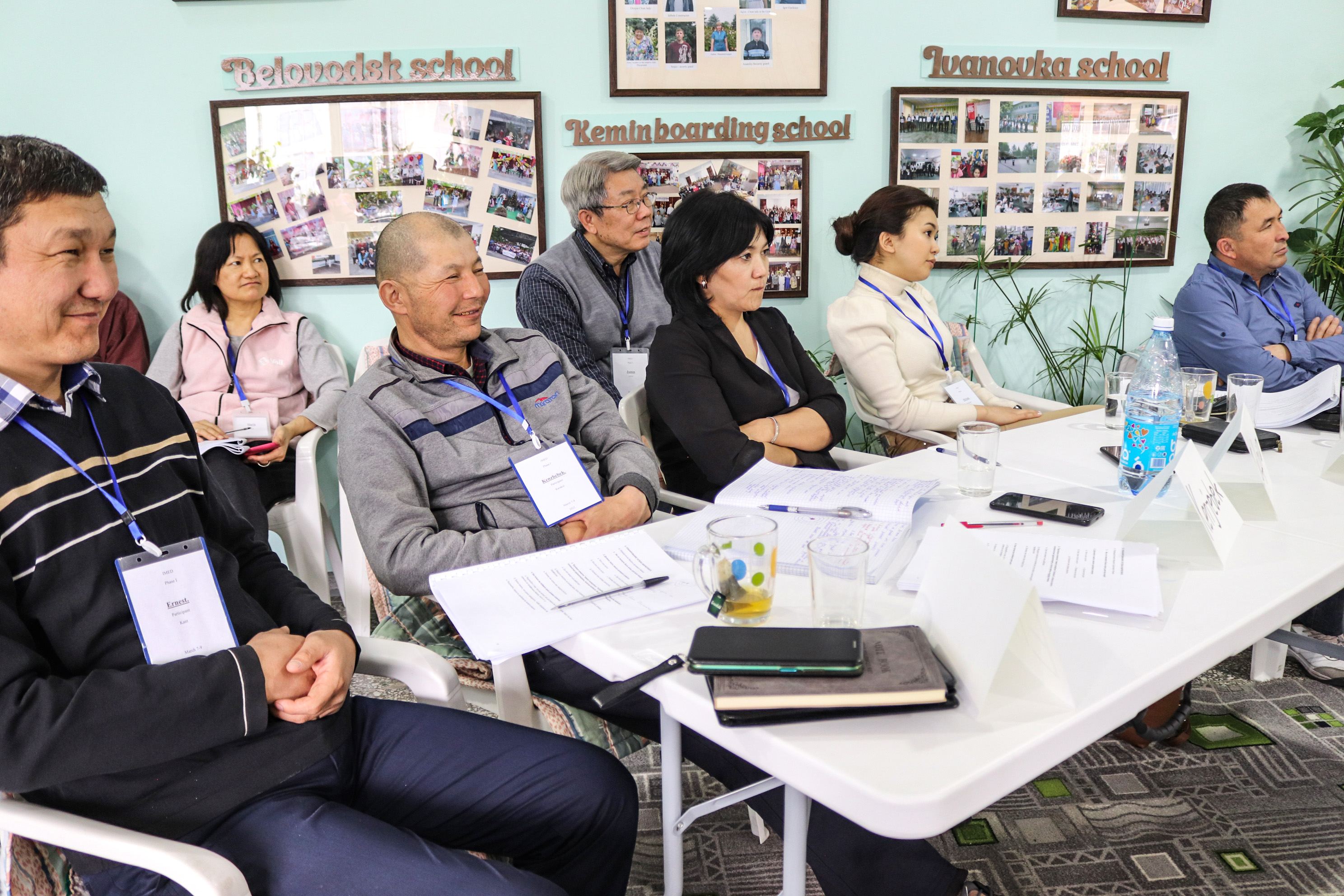
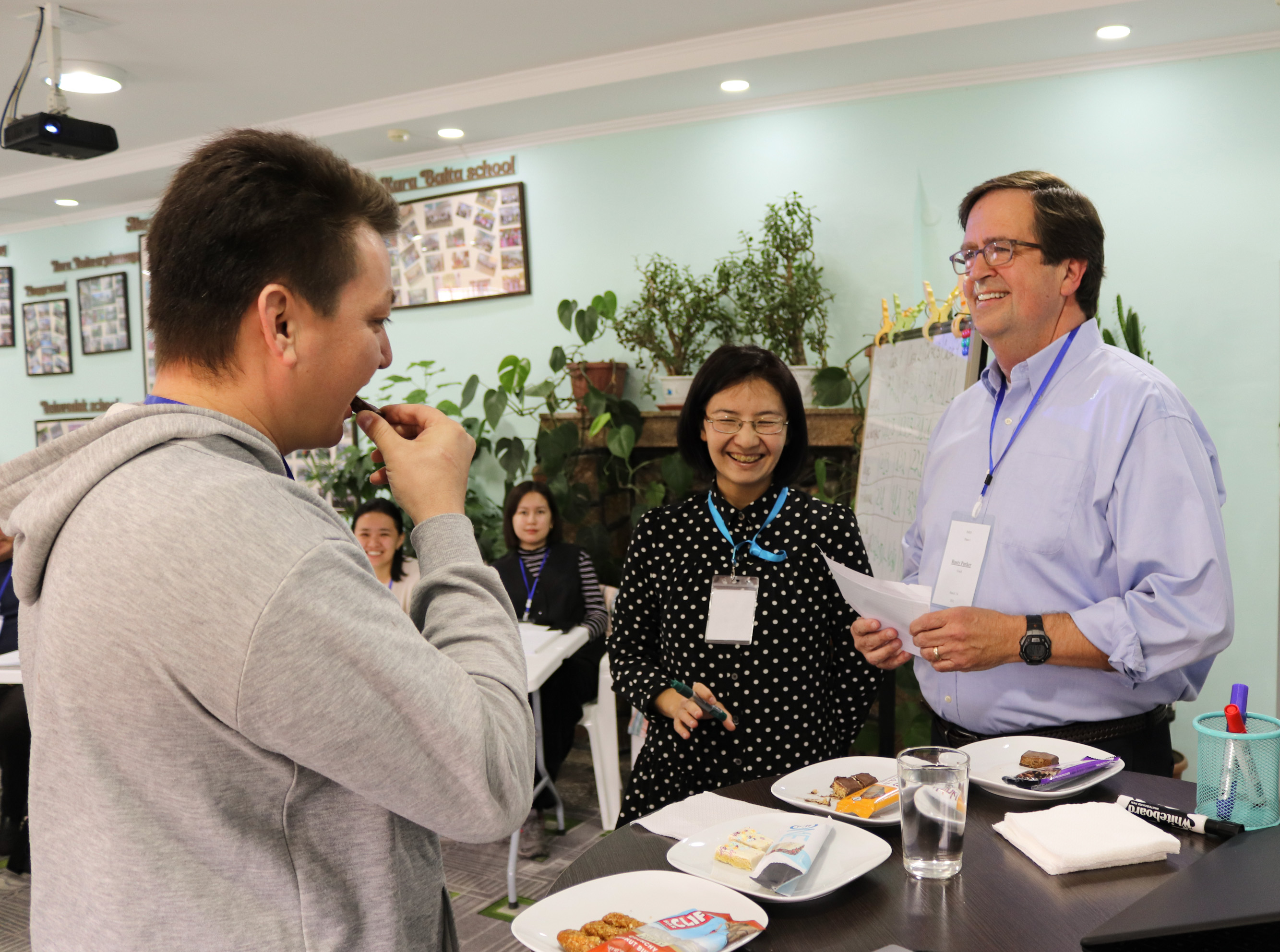
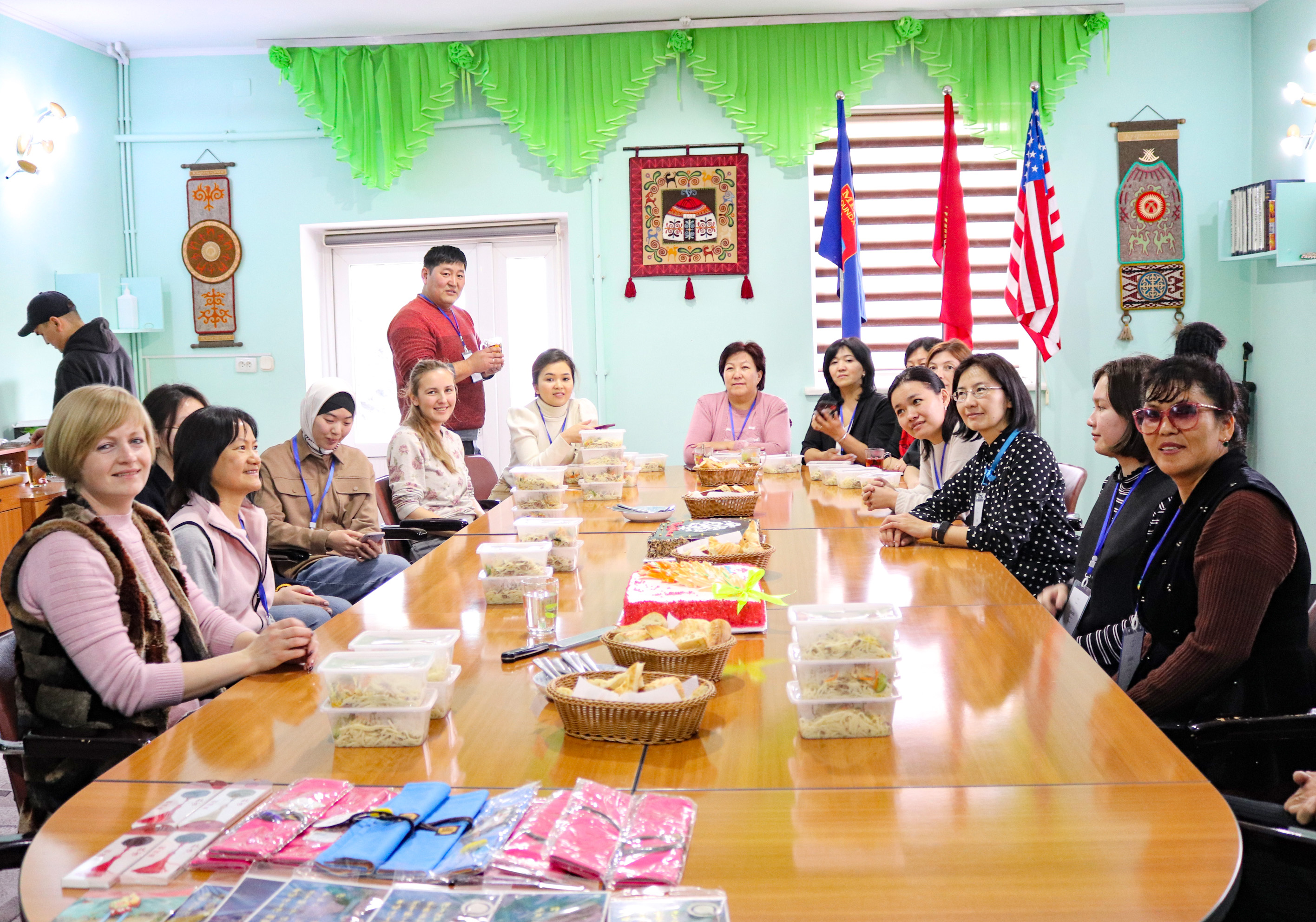
discussing
researching
celebrating